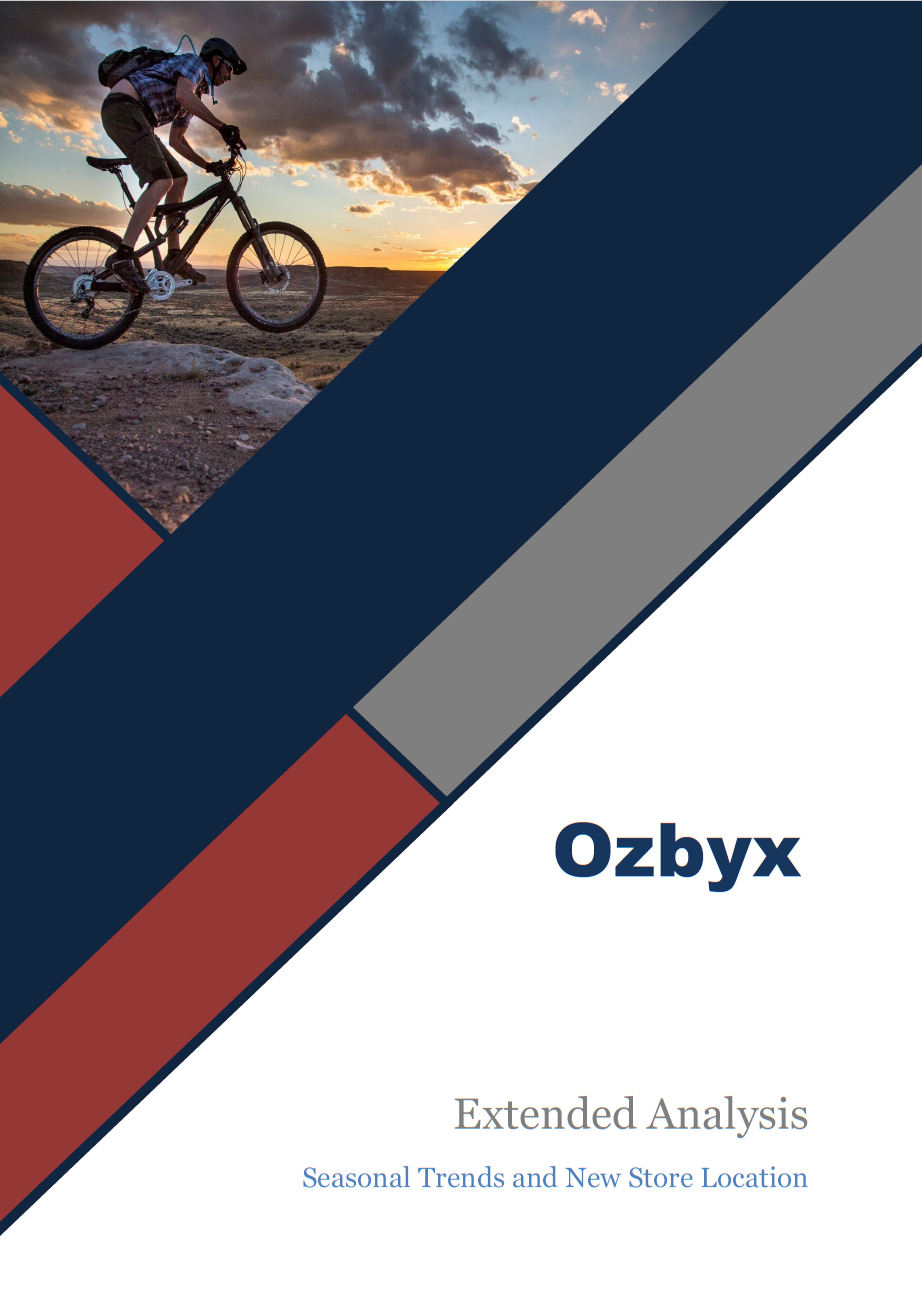Case Studies
As your digital accounting partner, Shepherdson & Company scales with your business — without the need for extra staff. We work like part of your in-house team: proactive, responsive, and focused on delivering results that matter.
Explore the case studies below to see how our services can help your business.
To respect client confidentiality, the case studies presented are amalgamations of real client engagements to show the kind of impact we create:
-
Client: ABC Operations
Size: 6 employees, $2-5m annual revenue
Engagement: Fully outsourced accounting function
The Situation
Constrained resources resulted in ABC Operations’ general manager spending nights and weekends on bookkeeping, payroll, and BAS lodgements. Month-end reports arrived late, cash flow was hard to predict, and decisions were made on gut feel rather than data. The team felt stretched and stuck.
Objectives
Win back staff’s time (at least 10 hours per week).
Get compliant, timely BAS and payroll.
Create reliable, real-time visibility of cash flow and performance.
Reduce external accounting costs and internal admin.
Our Solution
1) Move to the cloud
Migrated from spreadsheets and desktop software to Xero.
Automating processes as much as possible using Dext and Hubdoc.
2) Take over the finance function
Weekly bookkeeping, supplier payments, and payroll processing.
BAS/IAS preparation and lodgement; superannuation and payroll compliance.
Monthly reporting: P&L, balance sheet, cash flow forecast, KPIs.
3) Build decision tools
Create budgets and rolling forecasts.
Simple dashboard: sales, gross margin, cash runway, A/R & A/P ageing.
Provide monthly management packs to assist with decision making and strategy.
4) Tighten controls & governance
Two-step approvals for bills and payments.
Month-end close checklist with cut-off rules.
Documented finance SOPs so nothing relies on one person.
Results
12–15 hours/week of owner time freed (bookkeeping + payroll off the plate).
100% on-time BAS and payroll lodgements.
Month-end close cut from 25 days to 10 days.
A/R days reduced from 38 to 27 through automated reminders and statements.
Net profit margin up by 5% from cost savings and revenue tracking.
Why It Worked
Automation first: fewer manual touches, fewer errors.
Rhythm & accountability: weekly cycles, monthly packs, quarterly reviews.
Clarity: one dashboard, agreed KPIs, easy to understand.
Trust & controls: approvals, SOPs, and documented responsibilities.
Summary of Services
Cloud migration (Xero, Dext, Hubdoc).
Outsourced bookkeeping & payroll.
BAS/IAS preparation and lodgement.
Monthly management reporting & board-ready commentary.
Cash flow forecasting & KPI dashboards.
Controls design and finance SOPs.
What This Means for You
If you’re spending evenings on receipts and reconciliations, an outsourced finance function can give you back meaningful time, reduce risk, and improve decisions. Shepherdson & Company can deliver a secure, scalable, cloud-based solution tailored to your business — so you focus on growth, not paperwork.
-
Client: XYZ Operations
Size: 10 employees, $5-10m revenue
Engagement: Turnaround & ongoing virtual CFO
The Challenge
XYZ Operations had posted losses for three consecutive quarters. Margins were eroding, revenue hadn’t kept pace with costs, and the management team lacked timely visibility into profitability and cash flow. Slow debtor collections were also adding pressure.
Objectives
Return to break-even within 90 days and to sustainable profit within six months.
Stabilise cash flow and increase cash reserves.
Reduce debtor days, manage bills and accounts payables.
Our Solution
1) Profit diagnostics
Perform revenue analysis to identify sources of underperformance.
Cost review across all categories to determine savings opportunities.
2) Market research and strategic review
Conduct market research and analysis, including SWOT, PESTEL, BMC and EMC.
Analysed current offerings and investigated areas of potential growth and underserved markets.
Develop new strategies based on research findings, including marketing, service delivery, and change strategies.
Set objectives against new strategies and create implementation plan.
4) Cash flow & controls
Create budgets, rolling cash flow and forecasts.
Weekly monitoring of receivables; automated debtor reminders.
Month-end close reduced to 7 days with a board-ready management pack.
Management dashboard: sales, GM%, cash trends A/R & A/P ageing.
Results
Returned to profit: from a –$5k monthly loss to break even, then eventually positive monthly profits.
Debtor days down from 44 to 28; improved cash position and fewer overdraft dips.
Management reports greater confidence and clearer decision-making.
Summary of Services
Turnaround review & profit diagnostics.
Strategic review and develop supporting objectives.
Cash flow forecasting and debtors management.
Monthly management reporting & virtual CFO.
What This Means For You
Shepherdson & Company can provide dashboards and timely monthly packs so you always know cash flow, profit, and what needs attention — no guesswork. Our insights, clear KPIs, and practical advice can lead to better, after decision-making that turns data into action. Spending discipline, cost controls and tracking can also stop leaks and build sustainable profit, and combined with strong debtor management can result in smoother and reliable cash flow.
Samples of Work
A selection of our work is shown below to give you a sense of what we do.
To protect client confidentiality, only simulated examples based on real-life applications are presented:
Sales Analysis Report & Extended Report
Summary: The causes behind the decline in sales across the business’s three retail stores were analysed and reframed into measurable analytics questions. A customer survey was designed, and the resulting data was cleansed and refined using Power BI to ensure accuracy and reliability. Power BI was subsequently used to analyse sales data across the different potential new store locations, providing insights into customer demand and performance trends. Based on this analysis, a data-driven recommendation was made on the most suitable location for opening the new store, ensuring the decision was supported by evidence-based insights.
Board Report: Acquisition/Valuation Analysis & Supporting Workings
Summary: A board report was prepared to evaluate whether the business should proceed with a proposed acquisition. A valuation of the target company was conducted using income-based valuation methodology, supported by a funding analysis to assess the purchasing company’s financial capacity. Both debt and equity funding options were considered in light of financial flexibility and shareholder preferences. Sensitivity analysis was applied to test the impacts of varying assumptions within the valuation, whilst scenario analysis explored the effects of a change in variable, and to determine the weighted average cost of capital (WACC) sensitivity. In addition, a risk register was developed to identify key financial and non-financial risks associated with the acquisition, along with mitigation strategies for each.
Business Process Analysis Report
Summary: A dataset was cleansed and examined using both descriptive and inferential statistical methods. Inferential techniques included correlation analysis and comparison of means to identify relationships and differences within the data. A dashboard was then developed to present key findings and insights from the analysis. In addition, a current business process was reviewed for improvement, supported by a flow diagram that illustrated the process, highlighted problem areas, and applied computational thinking principles such as decomposition and abstraction to evaluate and address inefficiencies.
Board Paper: Risk Management Framework Evaluation
Summary: A board paper was prepared using credible, evidence-based sources to assess the effectiveness of the business’s current risk management framework. The Risk Appetite Statement was reviewed against the Risk Register to identify any areas of misalignment. In light of the business’s strategic priorities, the risk categories were also examined to determine whether any key risks were missing from both the Risk Appetite Statement and the Risk Register. Recommendations were then provided to management on incorporating these risks into the overall risk management process. In addition, an Internet of Things (IoT) business proposal was analysed to evaluate its potential to improve operational efficiency and its impact on the business’s risk profile.







